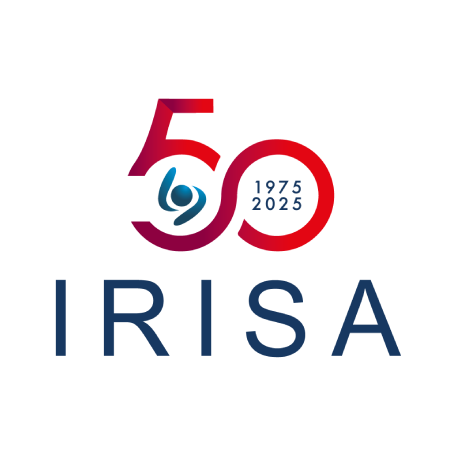Bonjour,
La prochaine session du séminaire sécurité des systèmes électroniques embarqués aura lieu le vendredi 28 Février de 10h à 12h.
Le séminaire aura lieu dans les locaux de l'Inria Rennes, Salle Aurigny.
Le programme de cette session est le suivant :
-
10:00 - 11:00 - Díaz Rizo Alan (Sorbonne Université Lip6 )
-
Titre : Covert Communication Channels Based On Hardware Trojans: Open-Source Dataset and AI-Based Detection
-
Résumé : The threat of Hardware Trojan-based Covert Channels (HT-CCs) presents a significant challenge to the security of wireless communications. In this work, we generate in hardware and make open-source a dataset for various HT-CC scenarios. The dataset represents transmissions from a HT-infected RF transceiver hiding a CC that leaks information. It encompasses a wide range of signal impairments, noise levels, and HT insertions, facilitating a robust evaluation of HT-CC attack models and defenses. We also propose a deep learning-based HT-CC detection defense that achieves excellent accuracy on the dataset. It is an one fit all solution that circumvents the cost of integrating several distinct defenses to deal with all known HT-CC scenarios.
-
-
11:00 - 12:00 - GARAY Arturo (STMicroelectronics)
-
Titre : Measurement the thermal component of clock jitter used as entropy source by TRNGs
-
Résumé :
Introduction
- Measuring the thermal component of clock jitter as an entropy source for True Random Number Generators (TRNGs) is compulsory for the security and evaluation of clock-jitter based TRNGs. However, identifying and isolating the local thermal noise component from other noise sources, particularly flicker noise, while performing a precise measurement remains a challenge.
Current Techniques
- We present an overview of the most effective techniques currently available for measuring the thermal clock jitter component. However, even the best techniques may struggle to avoid the influence of flicker noise on their measurements. Consequently, their results risk representing an overestimation of the thermal jitter component.
Characterizing Clock Jitter
- We present state-of-the-art methods for distinguishing between flicker noise and thermal noise components of a random signal while introducing their problems when applied to the evaluation of TRNGs.
Conclusion
- Despite advancements, current clock jitter measurement techniques should be used cautiously
-
Le séminaire est ouvert à tous en présentiel et en distanciel.
Pour assister au séminaire en présentiel, l'inscription est obligatoire au moins 48h à l'avance pour tous les participants en présentiel auprès de Nadia Derouault nadia [*] derouault inria [*] fr (nadia[dot]derouault[at]inria[dot]fr) . Les participants externes devront se présenter à l'accueil avec une pièce d'identité.
inria [*] fr (nadia[dot]derouault[at]inria[dot]fr) . Les participants externes devront se présenter à l'accueil avec une pièce d'identité.
https://inria.webex.com/inria/j.php?MTID=me2967accf7017ef2a5abb4135aa87c85
Numéro de réunion:
2741 179 2360
Mot de passe de la réunion:
ZHsN23jxv9w
Se joindre à partir d’un système vidéo ou d’une application
Composer 27411792360
 inria [*] webex [*] com (27411792360[at]inria[dot]webex[dot]com)
inria [*] webex [*] com (27411792360[at]inria[dot]webex[dot]com)Vous pouvez également composer 62.109.219.4 et entrer votre numéro de réunion.
Se joindre par téléphone
+33-1-8514-8835 Payant
Code d’accès: 27411792360
Numéros d’appel mondiaux
https://inria.webex.com/inria/globalcallin.php?MTID=m87155e5389054adeafbce398bb27bf4e
------------------------------------------------------------------------------------------------------------------------------
SAVE THE DATE - Prochaines sessions :
- 28/03/2025
- 25/04/2025
- 23/05/2025
- 27/06/2025
